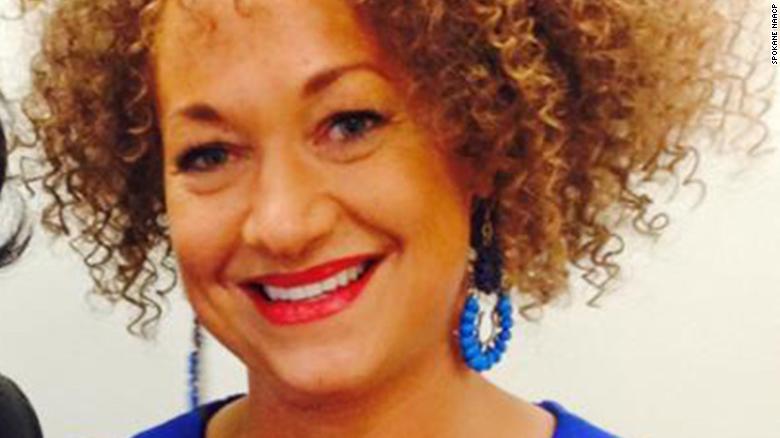Caitlyn Jenner, Rachel Dolezal and our freedom of choice
 |
| www.cnn.com |
In cases like Jenner or Dolezal, does it come down to the freedom change what is genetically imbued to meet personal choice, personal preference, of self-identification?
How much can each of us change ourselves by psychotherapy or plastic surgery or exercise or diet? Is there a limit to what we can change about ourselves? And how? . . .before it becomes an issue to those around us or to or society as a whole.
If we believe in absolute personal freedom - as long as we don't yell fire in a movie theater - are there or should there be other limits? Who gets to set the limits? Is it a politically controlled, majority rules decision? Or does it fall within the choice of the individual?
Getting back to the cases in point, if one can choose her sex, can the other choose her race?
Sounds like a topic a writer should explore.
* * * * *
A 'trans-moment': The case of Jenner and Dolezal
Until quite recently, society has accepted the definition of a 'trans' person to be most closely associated with gender identity. This has been most notably encapsulated in the media by the extensive coverage of Caitlyn Jenner's gender transition. The interest in the Rachel Dolezal case (the originally fair-skinned, blond-haired daughter of white parents who came to identify and live as a black woman) has begun to question this definition, and has created something of a political storm. On this topic, leading US sociologist, Professor Rogers Brubaker of UCLA, in an article published in Ethnic and Racial Studies believes that we should treat the intertwined discussion of Caitlyn Jenner and Rachel Dolezal as an intellectual opportunity, rather than a political provocation, as it is key to understanding the micropolitics of identity.
 |
| Trans Experiences A Research Report for Trans Communities and Their Allies by Eva C. Moser Order new or used from Powell's Books |
The image of a corseted Caitlyn Jenner (former Olympic icon Bruce Jenner) on the cover of Vanity Fair has been a defining moment for the transgender community -- marking the mainstreaming of transgender identity. By contrast, the case of Rachel Dolezal, the 37-year old president of the Spokane branch of the NAACP (National Association for the Advancement of Colored People), who publicly identifies as black despite being 'outed' as white by her parents, has sparked public debate about self-identification and whether it is possible to be 'transracial'.
Within hours of this story breaking, the hashtag 'transracial' began trending on Twitter. This term, the author suggests, "was deployed largely as a political provocation on the cultural right, intended to embarrass the cultural left for embracing Jenner while censoring Dolezal." Conversely, it was taken as a provocation by the cultural left, which 'categorically rejected the "if Jenner, then Dolezal" syllogism and proclaimed that transracial was "not a thing." '
Analyzing the efforts to validate or invalidate the identities claimed by Jenner and Dolezal, the author shows why it has been easier to accept the possibility of changing gender than changing race.
"significantly enlarged the scope for choice
… in the domains of race, ethnicity, sex and gender."
The article situates the Dolezal affair in the content of the destabilization of long taken-for-granted categorical frameworks -- deducing that this has "significantly enlarged the scope for choice … in the domains of race, ethnicity, sex and gender." Yet this has generated anxieties about unnatural or fraudulent identity claims and efforts to "police" questionable claims in the name of "objective" identities. The article shows that the contemporary micropolitics of identity is structured by this tension between the language of choice, subjectivity, and self-fashioning on the one hand and the language of essence, objectivity, and nature on the other.
Story Source: Materials provided by Taylor & Francis. Rogers Brubaker. The Dolezal affair: race, gender, and the micropolitics of identity. Ethnic and Racial Studies, 2015
This comment has been removed by a blog administrator.
ReplyDelete